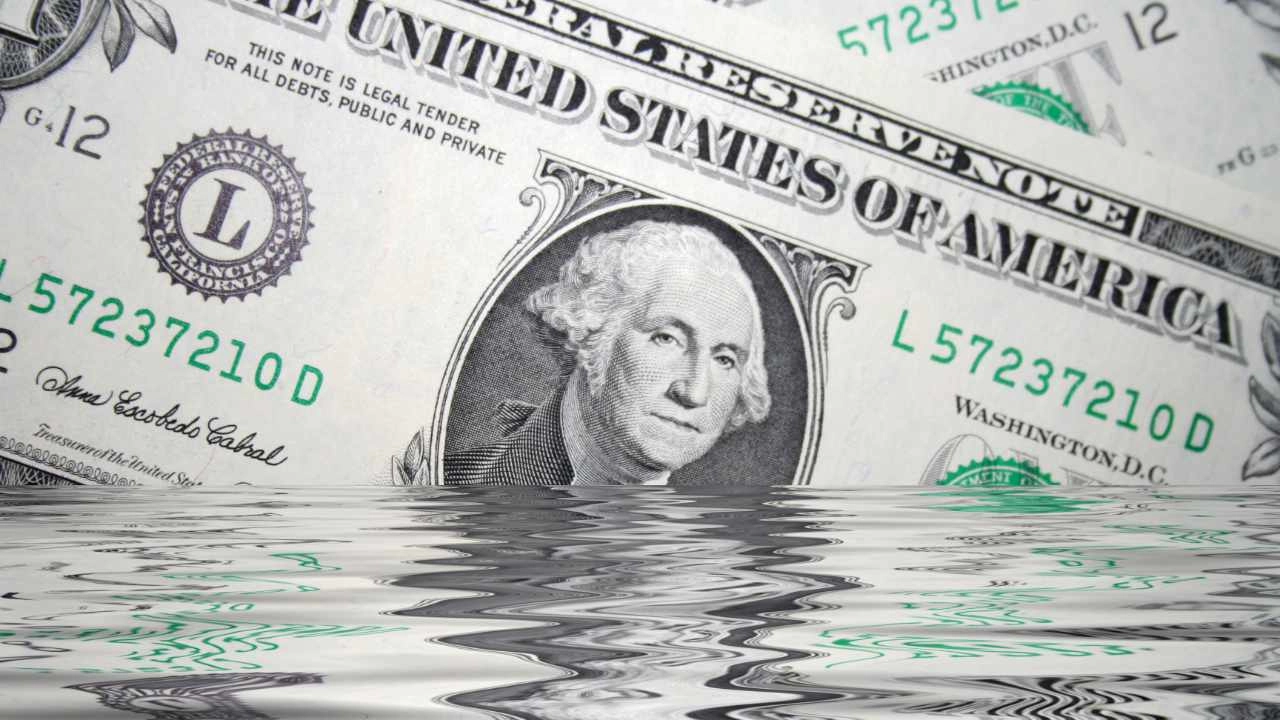Binance’s alleged ties to a Trump-backed crypto venture are igniting Washington, as Senate Democrats demand urgent answers on regulatory rollbacks and covert Treasury dealings.
Treasury Pressured to Expose Binance Ties to Trump’s Crypto Venture
The U.S. Senate Committee on Banking, Housing, and Urban Affairs announced on May 9 that five Democratic Senators had sent a letter to Treasury Secretary Scott Bessent and Attorney General Pam Bondi demanding answers about federal oversight of Binance following the exchange’s 2023 guilty plea and settlement.
Led by Senators Chris Van Hollen, Elizabeth Warren, Richard Blumenthal, Sheldon Whitehouse, and Mazie Hirono, the letter scrutinizes alleged recent meetings between Binance executives and administration officials, expressing alarm over potential backtracking on legally mandated compliance obligations. The inquiry also highlights concerns over possible links between the cryptocurrency exchange and the Trump family’s new crypto venture, World Liberty Financial.
The lawmakers opened their letter with a direct expression of concern:
We are writing with concerns about recent reports of meetings between Binance executives and officials from the Treasury Department.
They continued: “According to the Wall Street Journal, the discussions concerned the company’s compliance obligations set in place following Binance’s 2023 guilty plea and settlement in federal court on charges of money laundering, operating an unlicensed money transmitting business, violating U.S. sanctions laws, and failing to prevent and report suspicious transactions with terrorist groups, including Hamas and ISIS. Our concerns about Binance’s compliance obligations are even more pressing given recent reports that the company is using the Trump family’s stablecoin to partner with foreign investment companies.”
The Senators voiced further alarm about reported efforts by Binance to reduce regulatory scrutiny:
As the Administration loosens oversight on an industry where bad actors have violated money laundering and sanctions law, it is not surprising that Binance, which has admitted to prioritizing its own growth and profits over compliance with U.S. law, would seek to roll back the oversight required by its settlement.
The 2023 plea agreement requires Binance to exit the U.S. market and submit to multi-year supervision by independent monitors selected by the Financial Crimes Enforcement Network and the Department of Justice. Former CEO Changpeng Zhao (CZ) also pleaded guilty and received a four-month prison sentence.
Concerns have intensified with recent reports that the Trump family is financially intertwined with Binance’s operations. The Senators cited information suggesting that Binance may be leveraging the Trump-backed stablecoin USD1 to facilitate new partnerships with foreign investment firms.
In light of these developments, the Senators demanded details about the Treasury and Department of Justice’s actions to uphold Binance’s settlement terms, the status of its U.S. exit, and any communications involving a potential pardon for Zhao or discussions about USD1. While critics of crypto argue the administration is undermining enforcement, others warn that overly aggressive regulation risks stifling American leadership in blockchain innovation.

15001 views
Russia Intensifies Drive to Replace US Dollar in Global Trade
Russia accelerates the global de-dollarization drive with bold new push for national currencies and economic sovereignty in trade.
Russia Ramps up Exit From Dollar-Dominated Trade System
The global shift toward settling trade in national currencies instead of the U.S. dollar is gaining traction, with Russia positioning itself at the forefront of this movement. During the seventh Moscow Academic Economic Forum on June 2, Russian Foreign Minister Sergey Lavrov stressed the importance of creating independent mechanisms for foreign trade as a way to reinforce the country’s economic autonomy. He was quoted by Tass as saying:
The tasks of further strengthening of Russia’s economic and technological sovereignty, including through the creation of mechanisms for servicing foreign trade independent of external pressure, and the transfer of international settlements into national currencies, are coming to the fore now.
Lavrov argued that the international landscape—characterized by heightened sanctions and what he described as “persisting attempts by a number of Western countries to curb the development of our country”—necessitates urgent action to build a resilient economic model. He called for a unified effort among government bodies, the business sector, academia, and civil society to support this transformation. According to Lavrov, such coordinated engagement is essential to establishing what he called a more just, multipolar economic architecture, in contrast to the Western-dominated global order.
The remarks follow a rising global interest in alternatives to the dollar for cross-border transactions, driven by efforts to reduce the impact of sanctions and reliance on centralized financial systems. Major economic groups such as BRICS, the Shanghai Cooperation Organization, and ASEAN are pursuing these alternatives. In Russia, this movement includes growing interest in decentralized technologies like blockchain and digital assets. Advocates say tools such as Bitcoin could support national economies by facilitating transactions outside conventional financial networks, contributing to de-dollarization and economic autonomy.
Tags in this story
Image Credits: Shutterstock, Pixabay, Wiki Co



